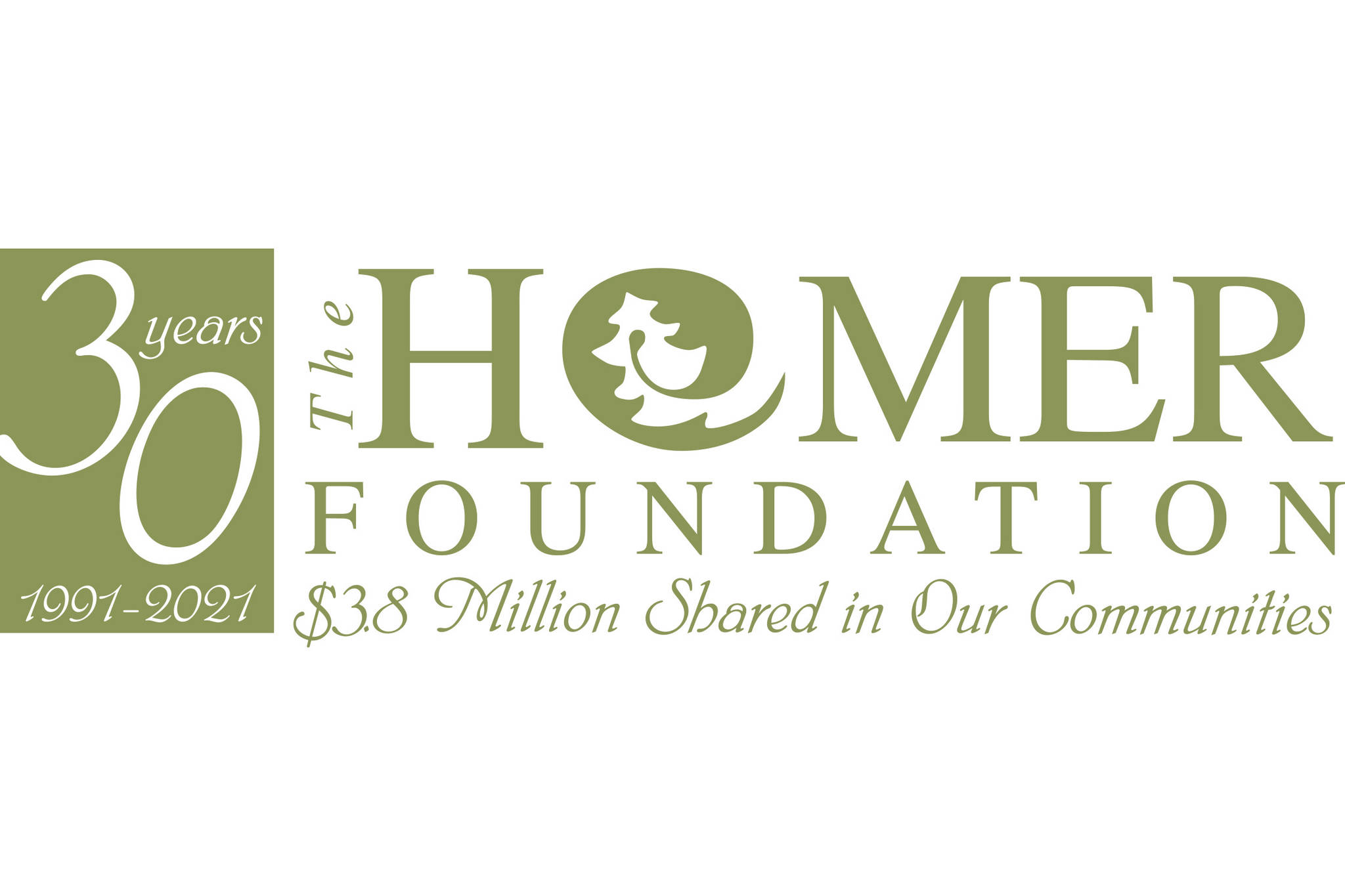Clarification: This essay has been edited to clarify that Gary Thomas was an early supporter of KBBI, but not a founder. KBBI radio was founded by Beverly Munro and Kevin Hogan.
Another in a series of short historical reminiscences to mark the 30th anniversary of the Homer Foundation, Alaska’s first community foundation. The series has been produced by the foundation and written by board member Tom Kizzia.
Before he became an important evangelist in the world of foundations, Bill Somerville devoted more than a decade working for social service nonprofits in California. He had grown up poor and knew what it was like to wait for officials at lofty foundations to return his calls. He saw how philanthropy, no matter how high-minded, could get bottled up by over-cautious administrators and excessive meetings and paperwork.
Somerville felt there was a better way. His visit to Homer in 1999 ignited the young Homer Foundation.
For its first decade, since its founding in 1991, the Homer Foundation had grown slowly and cautiously. Community foundations were unknown in Alaska and still a rarity in the Lower 48. Local board members charted their course with little help.
Investing its slowly growing endowment in conservative mutual funds, the foundation earned enough money to give away several thousand dollars every year. There was $580 to Boy Scouts to build a viewing platform at the Beluga wetlands, and $500 to the Pratt Museum to help set up the Harrington cabin. Money for musical arrangements for the Homer High band and to help build the Homestead Trail. Support for art projects and nature camps.
But the early grants committee, under leaders like former KBBI general manager Gary Thomas and Homer Council on the Arts director Joy Steward, could barely scratch the surface of local need. At its annual grant meeting in 1994, the foundation gave away $2,000 — after receiving applications for nearly $18,000. Sometimes, when board members couldn’t stand saying no, they reached into their own pockets to fund projects.
When Somerville came to Homer in 1999, as a consultant supported by the Packard Foundation, he saw familiar barriers going up around Alaska’s first community foundation — even with its small endowment and all-volunteer organization.
His philosophy was simple. Get out in the community, he said, find outstanding people doing good work, and give them money. You’re not giving away money— you’re investing in the community.
Somerville’s maverick grassroots philosophy energized the Homer group. The foundation scrapped its annual grant process and started giving out money year-round, often with only a two-week turnaround. The application process was simplified. And money that was donated to the foundation’s unrestricted fund — known today as its Opportunity Fund — started going out the door right away in new grants.
The busy new pace of grants at the foundation eventually required another change: in 2000, Joy Steward was hired as administrator — the organization’s first employee.
Somerville’s visit had transformed nonprofit philanthropy in Homer. In 1998, the Homer Foundation had been proud to give away $5,000. Two years later, annual grants to local nonprofits were up to $26,000.


